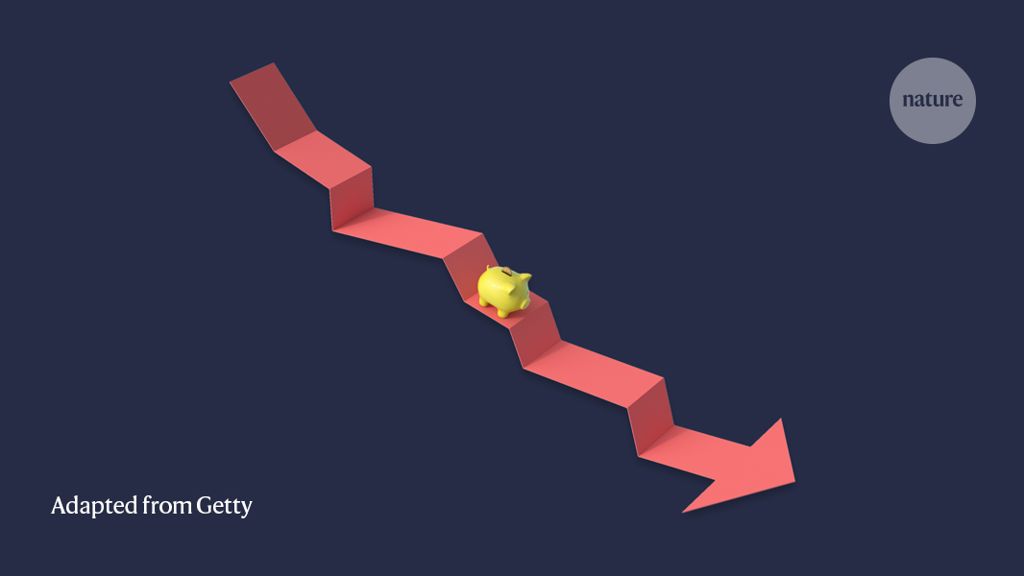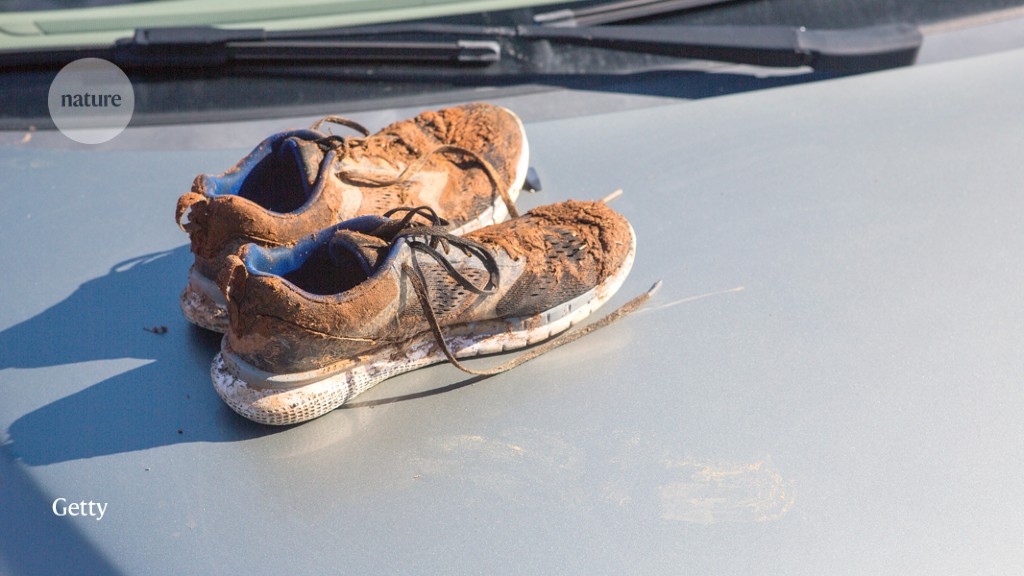Send us a link
Uncertainty Plagues Junior Researchers from Underprivileged Backgrounds Amid Pandemic
Uncertainty Plagues Junior Researchers from Underprivileged Backgrounds Amid Pandemic

The Lonely Marathon Run That Transformed My Approach to Graduate School
The Association Between Early Career Informal Mentorship in Academic Collaborations and Junior Author Performance
The Association Between Early Career Informal Mentorship in Academic Collaborations and Junior Author Performance
Here, the authors study mentorship in scientific collaborations, and find that mentorship quality predicts the scientific impact of protégés post mentorship. Moreover, female protégés collaborating with male mentors become more impactful post mentorship than those who collaborate with female mentors.
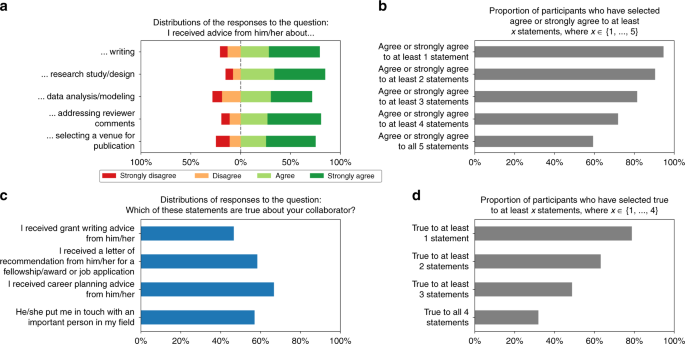
Four Ways to Fight Science-Funding Cuts Across Europe
Junior researchers need to engage with policymakers, institutions, funders and media outlets to argue against planned budget cut-backs.

Transnational Mobility Networks and Academic Social Capital Among Early‐Career Academics: Beyond Common‐Sense Assumptions
Transnational Mobility Networks and Academic Social Capital Among Early‐Career Academics: Beyond Common‐Sense Assumptions
This study examines the composition of academics’ networks at different points in their career and discuss the role of transnational ties within them.
Why Scientific Societies Should Involve More Early-Career Researchers
Why Scientific Societies Should Involve More Early-Career Researchers
Appointing early-career researchers to positions of influence within scientific societies would be mutually beneficial for both.
Scientists Aren't Trained to Mentor. That's a Problem
Scientists Aren't Trained to Mentor. That's a Problem
Universities need to genuinely support mentorship training for faculty members.

Data-driven Advice for Grad School
"Do you have any advice for future graduate students?" I asked. The student had recently defended his Ph.D., and I was conducting an exit interview-something I do with every graduating biomedical Ph.D. student at my university, where I am in charge of evaluating our medical school's Ph.D. training programs. He sat back in his chair and thought for a minute before responding: He wished he had started to plan for his post-Ph.D. career earlier. My shoulders dropped and I let out a sigh. "Program directors recommend this to incoming students every year, but some don't seem to hear it," I said. "How do you think we can get them to listen?" This time, he didn't hesitate. "They are graduate students in science ," he exclaimed. "Show them the data!" > "Even when you're just getting started, you need to look forward." That was my aha moment. I immediately began to document the responses to this question in subsequent interviews. It has been 3 years now, and the data I've collected confirm my suspicions-the same answers come up again and again. As a new cohort of Ph.D. students starts grad school this fall, here are the five pieces of advice graduates offer most frequently. Thirty-two percent of graduating students said this is the most critical decision a Ph.D. student can make. Many students gravitate toward mentors who work in areas they find interesting and exciting, but it is also important to think about what style of mentoring you respond to best. Finding a mentor with the right mentoring approach for you is at least as important as finding one who studies a specific topic. You need time to (a) decide which career paths you find appealing and (b) start preparing for those careers. Twenty percent of graduating students recommended exploring future careers as early as possible so you can use your time in grad school to build additional skills you will need. To learn about specific professions, you can conduct informational interviews, attend seminars where alumni discuss their careers, do an internship, or engage in a variety of other options. Graduate school is full of ups and downs. Thirteen percent of graduates said that if you feel the need to talk to someone on or off campus, don't hesitate. "If you are not happy, try to do something about it and make a change," one student said. If you feel isolated, another student recommended joining a campus group to connect with others. Twelve percent of graduates recommended that students consistently and critically evaluate their progress throughout their training. Make an outline of your research and career goals and when you want to achieve them, and hold yourself to that plan. Some students use an individual development plan to prompt discussions with their mentor and thesis committee. But don't wait for these meetings; setting goals and holding yourself accountable should be a continuous habit. This looks different for different people, but don't ignore it. You should expect to work hard in grad school, but the right work-life balance can have an important influence on your mental health and overall quality of life. Nine percent of graduates recommended finding something that helps you unwind, such as pursuing hobbies, getting together with friends, or volunteering in the community. Observant readers may notice that the numbers above only add up to 86%. Other pieces of advice included be assertive and ask for what you need, learn to trust your experimental results as long as the controls work, and plan your projects around what's needed for a publishable paper. But the most important thing is to take these pointers to heart early on. Even when you're just getting started, you need to look forward.
Postdocs in Crisis: Science Cannot Risk Losing the Next Generation
Postdocs in Crisis: Science Cannot Risk Losing the Next Generation
The pandemic has worsened the plight of postdoctoral researchers. Funders need to be offering more than moral support.
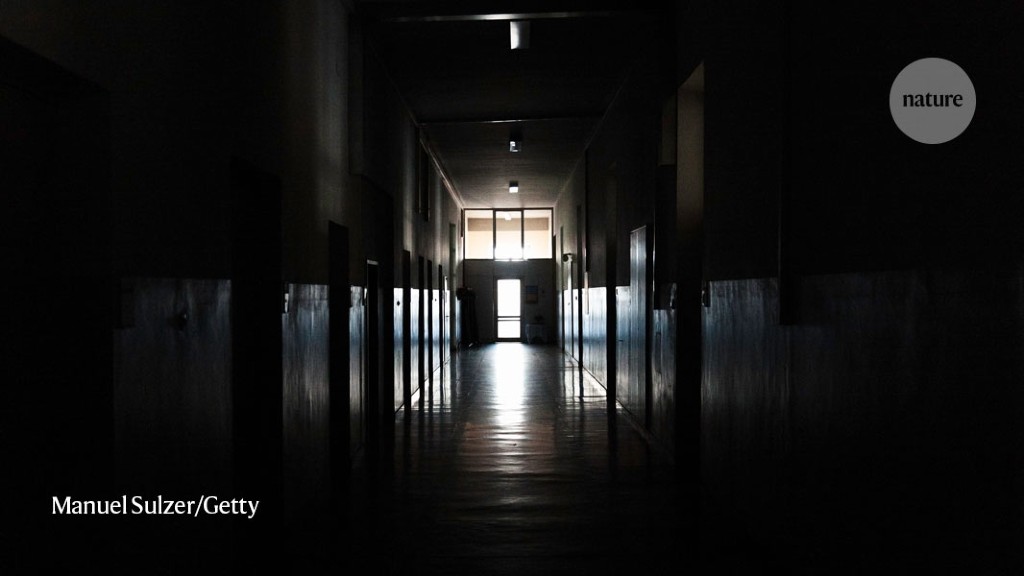
Career Funding: the Researcher's Overall Performance Counts
Career Funding: the Researcher's Overall Performance Counts
The SNSF has adopted the DORA recommendations in its career funding schemes and adapted some other criteria. This will make the selection process even fairer and more inclusive of re-searchers with diverse career paths.
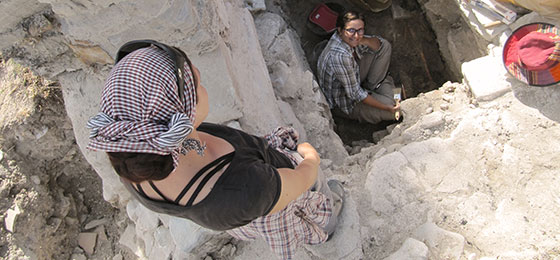
Cross-Disciplinary Collaboration and Scholarly Independence in Multidisciplinary Learning Environments at Doctoral Level and Beyond
Cross-Disciplinary Collaboration and Scholarly Independence in Multidisciplinary Learning Environments at Doctoral Level and Beyond
The aim of this study is to investigate how patterns of collaboration and scholarly independence are related to early stage researchers' development in two multidisciplinary learning environments at a Swedish university. .
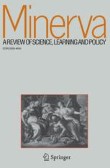
How NOT to Be an Academic Asshole During Covid.
Close to half of PhD students are contemplating leaving their studies in the next six months. We need to talk about quitting with kindness and empathy.

Systematic Inequality and Hierarchy in Faculty Hiring Networks
Systematic Inequality and Hierarchy in Faculty Hiring Networks
The faculty job market plays a fundamental role in shaping research priorities, educational outcomes, and career trajectories among scientists and institutions. However, a quantitative understanding of faculty hiring as a system is lacking. Using a simple technique to extract the institutional prestige ranking that best explains an observed faculty hiring network-who hires whose graduates as faculty-we present and analyze comprehensive placement data on nearly 19,000 regular faculty in three disparate disciplines. Across disciplines, we find that faculty hiring follows a common and steeply hierarchical structure that reflects profound social inequality. Furthermore, doctoral prestige alone better predicts ultimate placement than a U.S. News & World Report rank, women generally place worse than men, and increased institutional prestige leads to increased faculty production, better faculty placement, and a more influential position within the discipline. These results advance our ability to quantify the influence of prestige in academia and shed new light on the academic system.

COVID-19 and the Research Community: Being Vulnerable
Early-career researchers feel discouraged from exposing vulnerability even during a global crisis.
How Female Academics Are Losing Ground During the Pandemic
How Female Academics Are Losing Ground During the Pandemic
Early analyses suggest that female academics are posting fewer preprints and starting fewer research projects than their male peers.
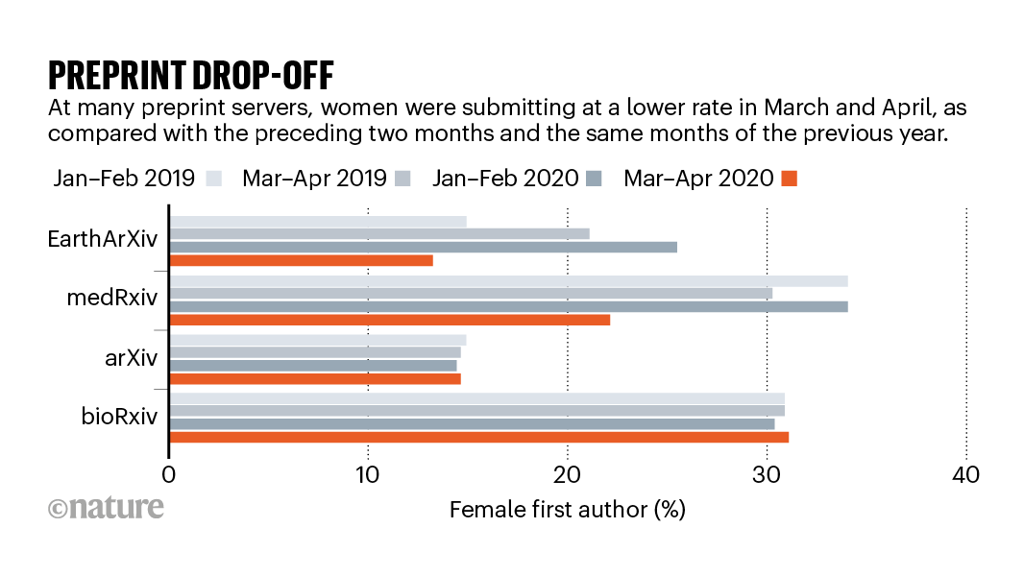
The Precarious Position of Postdocs During COVID-19
Postdoctoral researchers play a crucial role in many research groups, serving as mentors, teachers, and leaders as they develop their skills and prepare for scientific careers. However, the coronavirus disease crisis has put funding and support for postdoc positions at risk, threatening to upend the career paths available to these junior scientists.
COVID-19 and the Research Community: Struggling to Get Started
COVID-19 and the Research Community: Struggling to Get Started
As the world attempts to cope with the devastating impact of the COVID-19 pandemic, researchers about to start PhDs and postdocs face particular challenges.
Academic Ecosystems Must Evolve to Support a Sustainable Postdoc Workforce
Academic Ecosystems Must Evolve to Support a Sustainable Postdoc Workforce
The postdoctoral experience is in need of reform. Here the authors outline concrete steps that institutions, postdocs and mentors can take to improve the landscape.
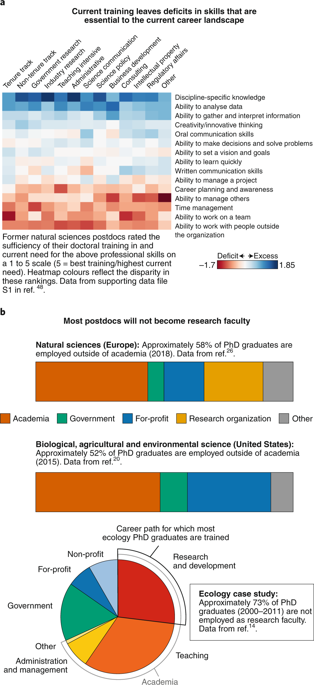
Graduate Students Seek Time-to-degree and Funding Extensions During COVID-19
Graduate Students Seek Time-to-degree and Funding Extensions During COVID-19
Graduate students face many of the same challenges as faculty members during COVID-19 but have received fewer assurances. Top on their wish list are extended funding and time-to-degree extensions.
Why It Took Me Eight Years and Three Postdoc Jobs to Describe Myself As a Scientist
Why It Took Me Eight Years and Three Postdoc Jobs to Describe Myself As a Scientist
Research and reading helped Shipra Jain to gain confidence in her abilities.

Reimbursement Policies Make Academia Less Inclusive
Paying conference expenses up front from personal accounts is a significant burden, this grad student writes

#COLA4ALL Shuts Down UC Santa Cruz
Graduate students at the University of California, Santa Cruz, shut down campus Thursday as part of their ongoing strike for a cost of living adjustment, and all other system campuses saw their own one-day protests. Santa Cruz graduate assistants went on a grade strike in December, then a full labor strike this month. Tensions mounted last week when the university fired or disqualified 80-some grads from spring assistantships for continuing to withhold undergraduate grades. Graduate assistants blocked all entrances to the Santa Cruz campus before dawn, forcing the university to cancel classes, except those offered online. Many faculty and undergraduate supporters joined the picket lines on that campus and across the UC system starting midmorning. As of last week, graduate assistants at the Santa Barbara campus are also on a labor strike for a COLA, and assistants at the Davis campus are on a grade strike. Systemwide, graduate instructors make about $2,400 pre-tax, per month, for nine months out of the year. Strikers say that they need between $1,400 and $1,800 extra per month to be able to secure housing in California's expensive rental markets and have anything left over for utilities and food. The United Auto Workers, with which UC's graduate workers are affiliated, has urged the university to reopen their contract to bargain for a COLA. This week it authorized a systemwide strike vote for April on the grounds that the university has committed unfair labor practices. The university has filed a similar claim against graduate workers. The system said in a statement that it "values all our graduate students, including academic student employees (ASEs) who are essential to UC's teaching mission, supporting the university as teaching assistants, readers and tutors. However, that mission is in jeopardy when ASEs refuse to fulfill their teaching obligations." The system noted that these assistants are striking in violation of their union contract, negotiated in 2018, and said it's "unfortunate that the UAW has resorted to announcing a strike authorization vote as the university continues pursuing opportunities to engage productively with graduate students on housing affordability and other issues."
The Bleak Job Landscape of Adjunctopia for Ph.D.s
Ruthless labor exploitation? Generational betrayal? Understanding the job crisis in academia requires a look at recent history.
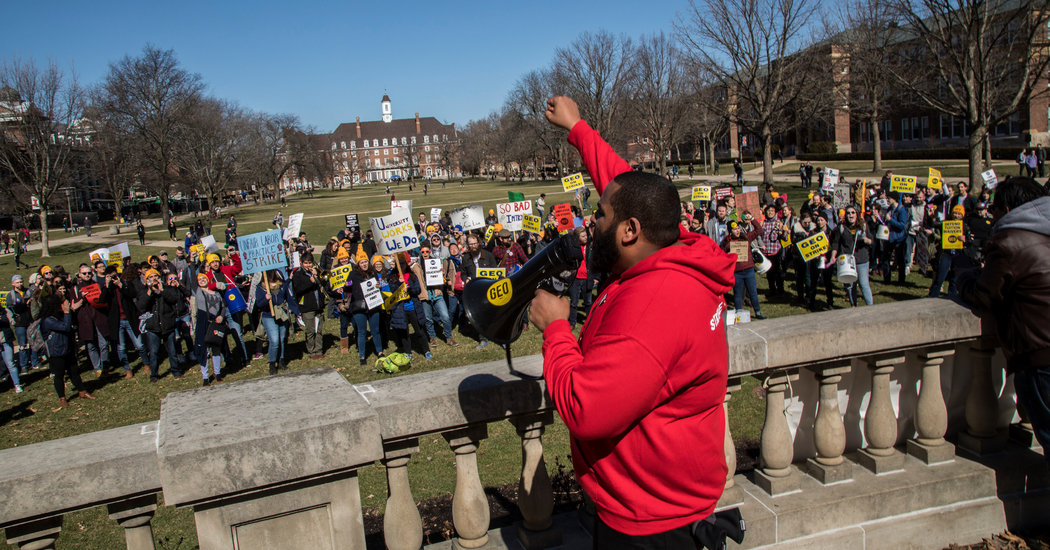
Moving for Research
An example of finding the balance between personal and professional lives during moves overseas and in and out of academia.

Doctors and Postdocs in Political Science in Switzerland. A Study Conducted by the Swiss Political Science Association.
Doctors and Postdocs in Political Science in Switzerland. A Study Conducted by the Swiss Political Science Association.
This report shows the results of a survey conducted in spring 2019 among all people who received a PhD in political science from a Swiss university during the last eleven years (2008 to 2018) and among postdocs working in a Swiss university in June 2019. Thus, this survey sheds light on the experiences and career paths of both postdocs and doctors in political science who left academia. Moreover, it compares the results regarding postdocs with a similar study carried out in 2012.
Free Lists of Grants and Fellowships Around the World Available Online
Free Lists of Grants and Fellowships Around the World Available Online
Three searchable databases provide information on global opportunities for graduate students, postdocs and junior faculty members.
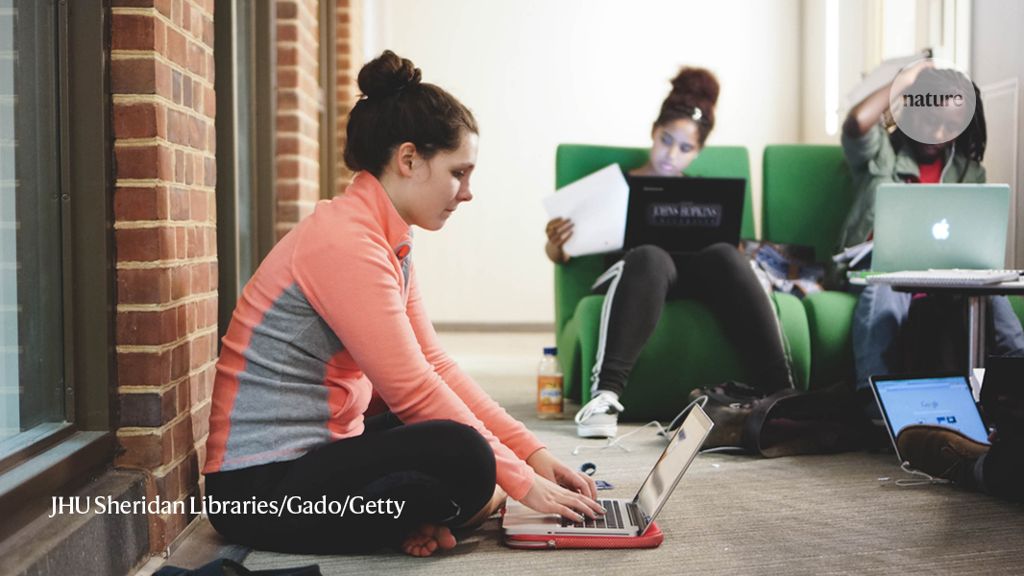
Four Ways I Adapted to Lab Life in Mexico
Four Ways I Adapted to Lab Life in Mexico
A move from Germany taught Deb Raj Aryal how to acclimatize to a new research culture.

Stop Making Graduate Students Pay Up Front for Conferences
John Malloy shares his experiences of risking debt to travel - and discusses what to do about it.

What to Do when Your Grant is Rejected
What to Do when Your Grant is Rejected
Failed funding applications are inevitable, but perseverance can pay dividends.
